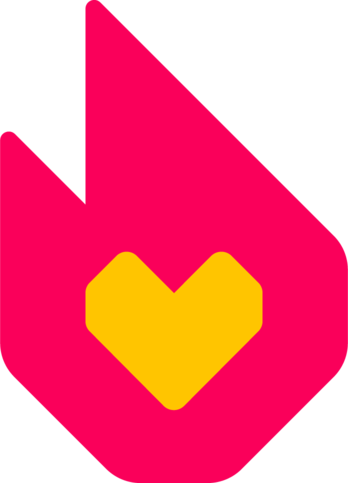It’s people!!! Yes, the internet consists of computers, servers, routers, modems and a gazillion bites - but in the end, that technology is only the infrastructure that connects billions of people across the globe.
The users are what makes the web so vast, so diverse, and often so mind-boggling. In this blog, we talk about why it is important to remind yourself that everything you encounter on a wiki and the web in general was created by someone, and for some purpose. You are always dealing with a person, not a script or robot, at the other end.
People have limitations
Have you ever been annoyed by someone refusing to follow the rules, ignoring your instructions, or being plain rude to you or others? Sometimes, they could very well do better, but don’t want to - we call them trolls.
Sometimes, though, you may be dealing with someone who has limited communication skills, for example because English isn’t their first language, or with someone lacking knowledge you take for granted. Such limitations can cause them to come across as deliberately obtuse, stubborn, and even insulting, even though they’re earnestly trying to be friendly and clear. They may also not be able to follow what you’re saying.
For instance, if you block someone for disregarding your wiki’s guidelines and they then keep creating more sockpuppets, they may be doing it out of disrespect for your community - or they may simply not know any better and are clueless as to how else to talk to you about their block. All they need is a friendly pointer towards your wiki’s policy page.
So, when you encounter a difficult user, be patient and give them the benefit of the doubt before you mark them as a troll.
People have reasons
Something wasn’t done the way you would have done it? Before you revert and change things to your liking, stop and ask yourself: Why did they do that? Perhaps they have a plan I just don’t see?
Don’t automatically assume that others are simply inept, careless or wanted to do damage when they do things differently. If you can, ask them for their reasons. For example, if you see someone making up new categories for your pages, it may look like spam to you - but perhaps they have ideas for restructuring your content that you didn’t consider.
People have intentions
When you work on a wiki, you’re probably hoping others will read and enjoy your work, because they are fans of the same thing, or because the information is useful for them. You want to contribute something good - that is your intention.
Most of the time, the others you encounter on the web will be out to help you, too, communicate with you, or just have fun together. But then there are those whose intentions are less savory.
Be aware that you can’t really know who is at the other end and what their motive is. They may be abusing the web’s anonymity and ease of access to scam others, steal your personal information, or exorcise their personal demons by humiliating, harassing and manipulating others. If something feels off, consider your own safety first: Keep your personal information to yourself, don’t do or accept anything you don’t feel comfortable with, and if someone makes you feel ill at ease anywhere on the web, disengage and, if necessary, seek help.
On FANDOM, you can contact a local admin or our support team and report harassment. Most platforms on the web also have a feature to report, block or tune out a malicious user. Don’t hesitate to use them for your own protection!
People have feelings
Even if it doesn’t look like it, others invest time and effort into the things they create. As we talked about above, even the difficult users you encounter may have good reasons for what they’re doing, care about their creations, or simply can’t do a better job. Respect them and their creations!
That does not mean you can’t be strict with troublemakers or you shouldn’t revert bad edits. Just try to put yourself into that user’s shoes before you condemn them, and remember that you are dealing with a real person. They may be completely new to wiki editing, they may be confused, or they might have misunderstood something. Even if they’ve caused trouble, they deserve to be treated with courtesy.
Try to reach out before you block someone and see if they could do better with some friendly help and guidance. If you do need to block them, leave a neutral block reason and don’t use it to insult them right back. A bit of respect and understanding can go a long way, and you may even see an initial trouble user turn into one of your most productive community members, or possibly a friend!
Did another person on the web ever surprise you, or give you the benefit of the doubt when you made a mistake? Share your experience in the comments!
Click here to follow this blog.
Want to stay up to date on the latest feature releases and news from FANDOM?
Click here to follow the FANDOM Staff Blog.



